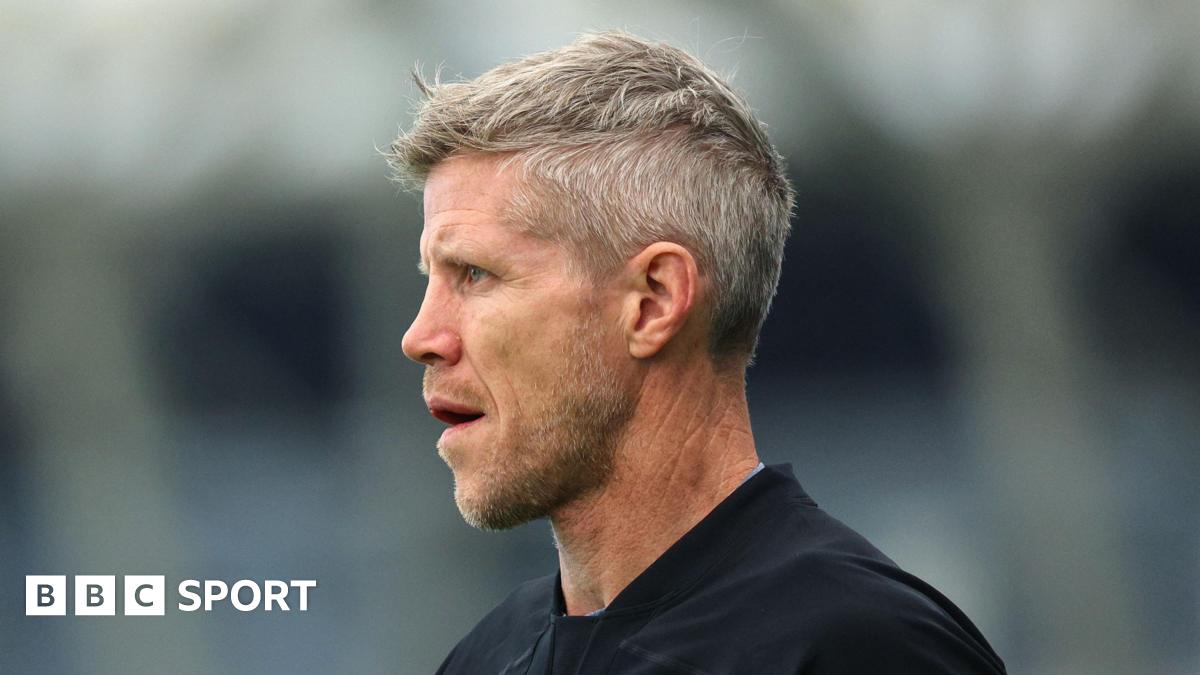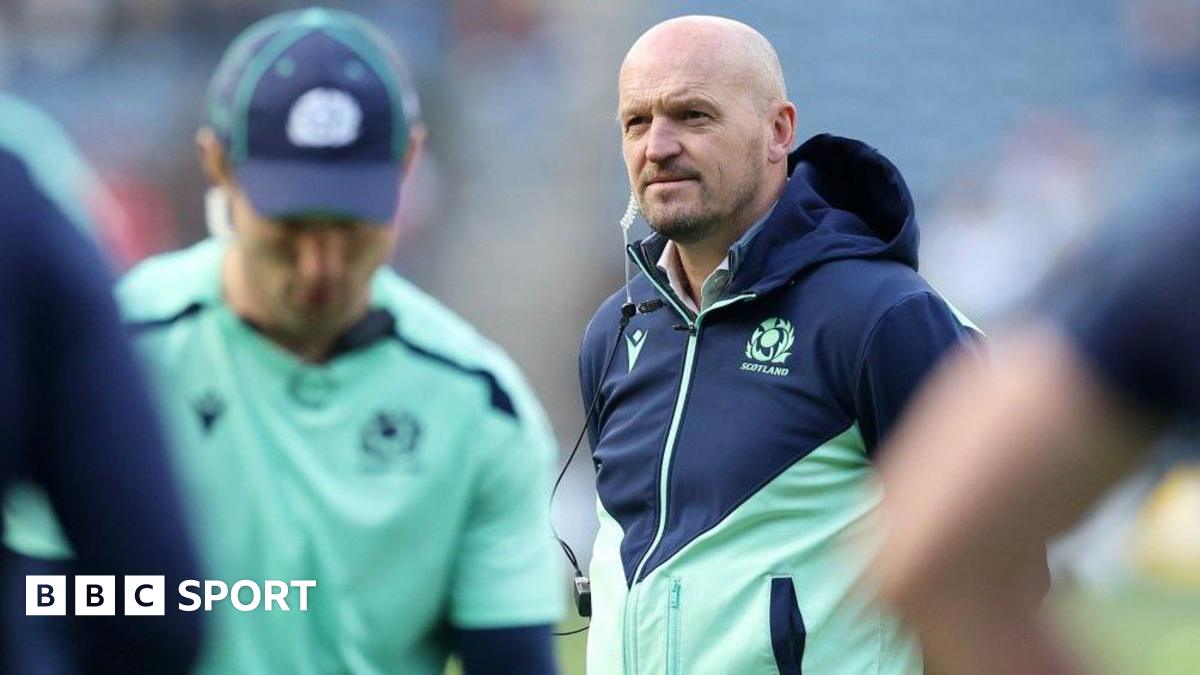Since the bails were burned and English cricket died in 1882, we've had a romantic obsession with the Ashes.
To be a successful English team, you have to win an Ashes series. Win away and you become immortal.
This England team have the opportunity for immortality, but for Ben Stokes, Brendon McCullum and co to put their minds in Perth in a year's time would be a mistake. They would be best served not thinking about that series until the squad is picked and they get on the plane.
To England, an away Ashes has become the monster under the bed: always lurking, ready to pounce if you wake up. The best way to sleep is to ignore the monster. England should ignore the Ashes.
It is unhealthy to constantly transport forward in time to the next Ashes series. In the media we love speculating about who may be playing that first Test. This article started life as just that, assessing England's seam-bowling options 12 months before the first ball is bowled.
But there are a lot of important Test matches for England to play before then, as well as McCullum taking charge of the white-ball team in January. There is simply too much water to pass under the bridge to even guess at who may be bowling quick for England in Australia.
I was fortunate enough to play in England's last series win in Australia, a 3-1 triumph in 2010-11. It is also the last time England won a Test down under.
That group of players, led by captain Andrew Strauss and coach Andy Flower, was focused and drilled in a military fashion to execute a gameplan, and did it.
We came up against an Australian team in transition. Ricky Ponting didn't make it through the series as captain, with Michael Clarke taking over for the fifth Test. Mitchell Johnson struggled, becoming the butt of a Barmy Army joke that fuelled his redemption three years later.
Xavier Doherty and Michael Beer bowled spin and were barely seen again, while Steve Smith batted at number six when he came into the side for the third Test. There were significant levels of outside noise that affected the Australians and we took advantage.
Our strategy was to bowl dry and not concede runs (this led to me being dropped after taking 14 wickets in the first three Tests) and when we got the opportunity to bat, we batted big. Alastair Cook scored 766 runs in the series, and would probably still be batting now if he didn't have his farm to attend to.
The England team that started the series had been playing together for the previous 10 months. In the build-up, the Ashes were on our minds, but certainly not our obsession.
In 2013-14, when pretty much the same team fell apart in spectacular fashion, we were outplayed by a more settled Australian team.
The England selectors had decided from some way out that we needed height in our bowling attack.
Stuart Broad, at 6ft 6in, was a guaranteed pick, but Boyd Rankin, Chris Tremlett and I, a 6ft 8in trio, were chosen ahead of other bowlers. We were all ineffective. That fixation with height (among many other things on that tour) contributed to our downfall.
The next Ashes tour, four years later, was also my last with England.
It lasted seven days before I was sent home with a torn knee cartilage. We were ravaged 4-0 and no-one was surprised. This wasn't the fault of an Ashes obsession, just a gulf in class between the teams in those conditions.
Before the last Ashes in Australia, the Covid-affected 2021-22 series, performance director Mo Bobat sat down with the BBC in a podcast series to detail England's preparations.
Dieticians, analysts and medical staff were all interviewed to describe the lengths England had gone to make sure they were ready.
However, England decided to leave out Broad and James Anderson on a Brisbane green-top in the first Test, just so they would be fit for the pink-ball second Test. If this was part of the planning, it all seemed pointless. Obsessing about the future cost England. They lost the first Test emphatically and the series 4-0.
When Stokes and McCullum took over the leadership of this team in 2022, they righted the wrongs of the previous administration. They immediately stated they would pick the best team for the game in front of them.
What was impressive in that first Bazball summer was the intuition of the thought process and how present the players seemed to be. "Live where your feet are," we heard them say. It resulted in some of the most exhilarating cricket we've ever seen played by an England team.
Playing in that manner, I firmly believe England can go to Australia and win, but we'd all be best served focusing on the immediate future, starting with New Zealand in Christchurch next week.
The Black Caps will be buoyant after their historic win in India. If England look past them, with their minds across the Tasman Sea, they will come home from New Zealand in a worse place to win the Ashes than when they started.
Momentum is built by winning game after game, Test after Test, one at a time. If England can regain this mindset it will give them their best chance of beating an Australia side that, by next winter, will be a bit of a Dad's Army, coming to the end of their time together.
Just imagine how great an England win in Australia would be. Nothing would please me more. If we all manage to be less obsessed about it, there is more chance of it happening.

 Movie
Movie 3 months ago
69
3 months ago
69 






![Presidents Day Weekend Car Sales [2021 Edition] Presidents Day Weekend Car Sales [2021 Edition]](https://www.findthebestcarprice.com/wp-content/uploads/Presidents-Day-Weekend-car-sales.jpg)



 English (United States)
English (United States)